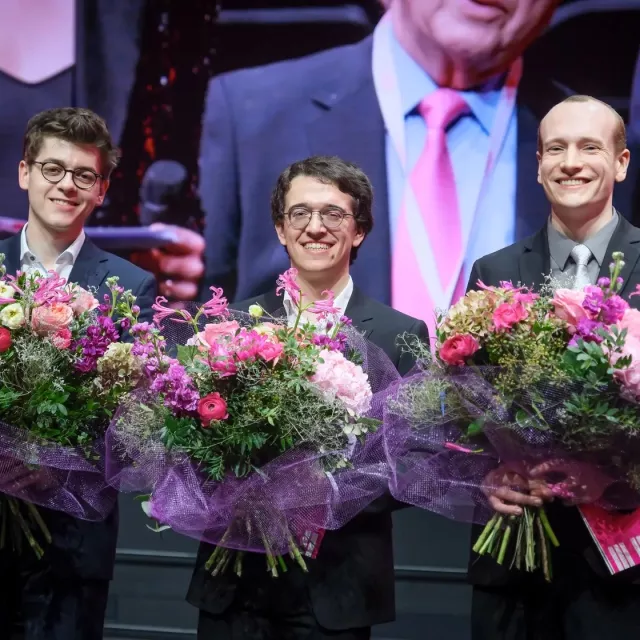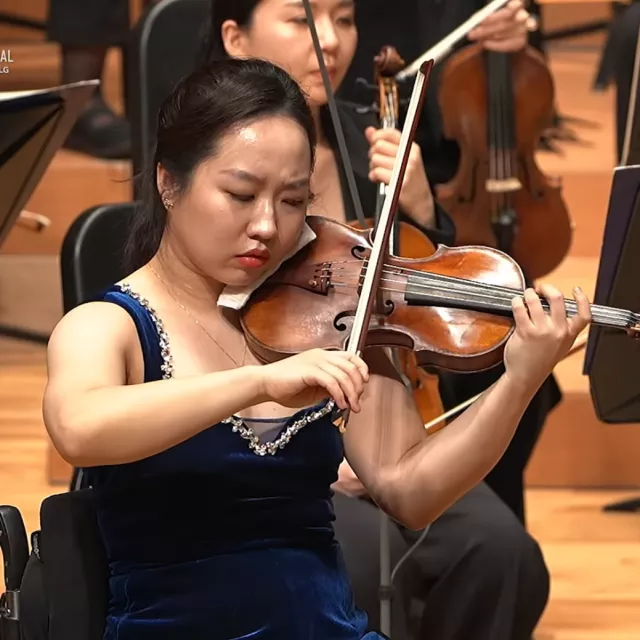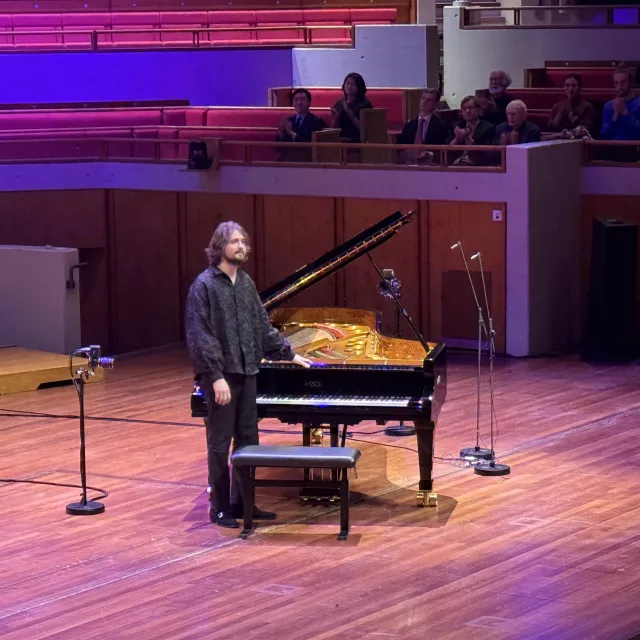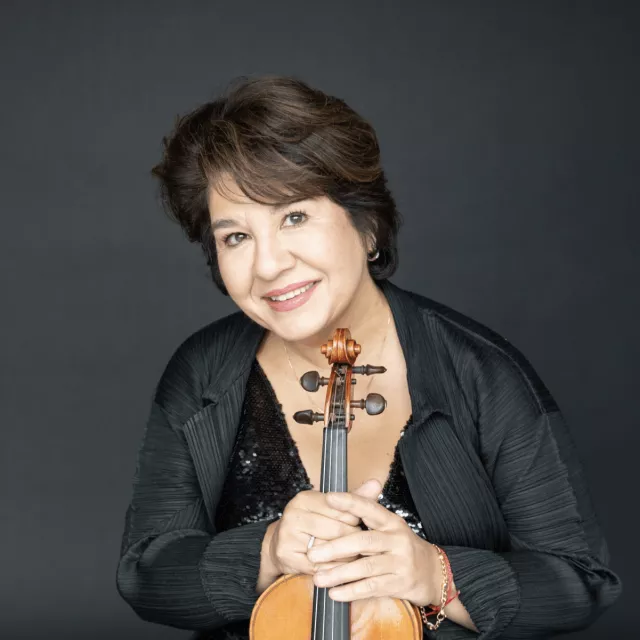Hamamatsu Diary IV- Personalities

This is the fourth of a series of stories about Hamamatsu, leading up to the WFIMC General Assembly in June.
Craftsmanship, or „monozukuri" in Japanese, has always been of great importance for the people of Hamamatsu. Rich in natural resources, the city was an ideal place for the development of textiles; musical instruments; and vehicle industries, and so it is not surprising that people here are known for their Yaramaika Spirit: being willing to take challenges.
But there are five individuals who really changed the fortunes of the country, and chances are you may have heard at least the names of some of them.
Ieyasu Tokugawa (1543-1616), having lived in Hamamatsu Castle for 17 years, was one of the three „great unifiers“ of Japan. He was the founder and firstly shogun of the Tokugawa Shogunate of Japan, which ruled the country for 265 years in peace and stability. Aside from his great historical achievements, Tokugawa is quite present in popular culture, be it in James Clavell´s novel Shogun; Akira Kurosawa´s movie Kagemusha-Shadow Warrier; the real time strategy video game Age of Empires III; or the Manga series Basilisk which was later transformed in an anime television series.
Torakusu Yamaha (1851-1916) once had a repair shop for medical equipment in Hamamatsu. Not able to make a living with this profession, he also repaired watches and served as a rickshaw man.

When a local primary school could not find anyone to repair their school organ, it asked Yamaha, who not only fixed the instrument, but began to take an interest in organ making himself. Just a year later, Yamaha set up shop in an abandoned Hamamatsu temple to make organs with the help of carpenters and cabinet makers. His company was called Nippon Gakki Co. Ltd. and is known today as Yamaha Corporation- the largest instrument maker in the world. It employs almost 30.000 people and has a revenue of over 430 billion Japanese Yen (3 billion Euros).
„King of Japanese inventors“ Sakichi Toyoda (1867-1930), son of a farmer and carpenter, invented numerous textile-focused weaving devices, among them an automatic power loom. In this machine, he implemented the principle of Jidoka, or autonomous automation, making a machine stop when a problem occurs: an important feature of production systems everywhere. His son, Kiichiro Toyoda, would later establish Japan's largest automaker, Toyota.

Although little known in the west, Hamamatsu-born Kenjiro Takayanagi (1899-1990) was a pioneer in the development of Television. Called the „father of Japanese television“, he built the world´s first all-electronic TV receiver in 1926- one year before American inventor Farnsworth demonstrated his first fully electronic system in San Francisco.
As President of Honda Motor Company, Soichiro Honda (1906-1991) turned a simple repair shop into a billion-dollar multinational company that produced the best-selling motorcycles in the world. Born in Hamamatsu, he spent his childhood helping his father in a bicycle repair shop. Without any formal education, he became apprentice at a garage in Tokyo and subsequently started his own business at age 22. Called the „Japanese Henry Ford“, People Magazine placed him on the list of the "25 Most Intriguing People" of the Year 1980.
When visiting Hamamatsu, you can follow the history of these five personalities at Hamamatsu Castle; by joining a Yamaha piano factory tour; by visiting the Sakichi Toyoda Memorial House; by exploring the Takayanagi Memorial Hall; and on a Honda transmission factory tour.
PS: The list goes on. In more recent years, Hamamatsu-born physicist Hiroshi Amano won the 2014 Nobel Price in Physics. In Sports, there are dozens of soccer players who call Hamamatsu their hometown. And if you like jazz, you may just be a fan of Japanese jazz pianist Hiromi- or Hiromi Uehara, who was born in 1979 in Hamamatsu.
Florian Riem
Wn19 ©WFIMC 2022







